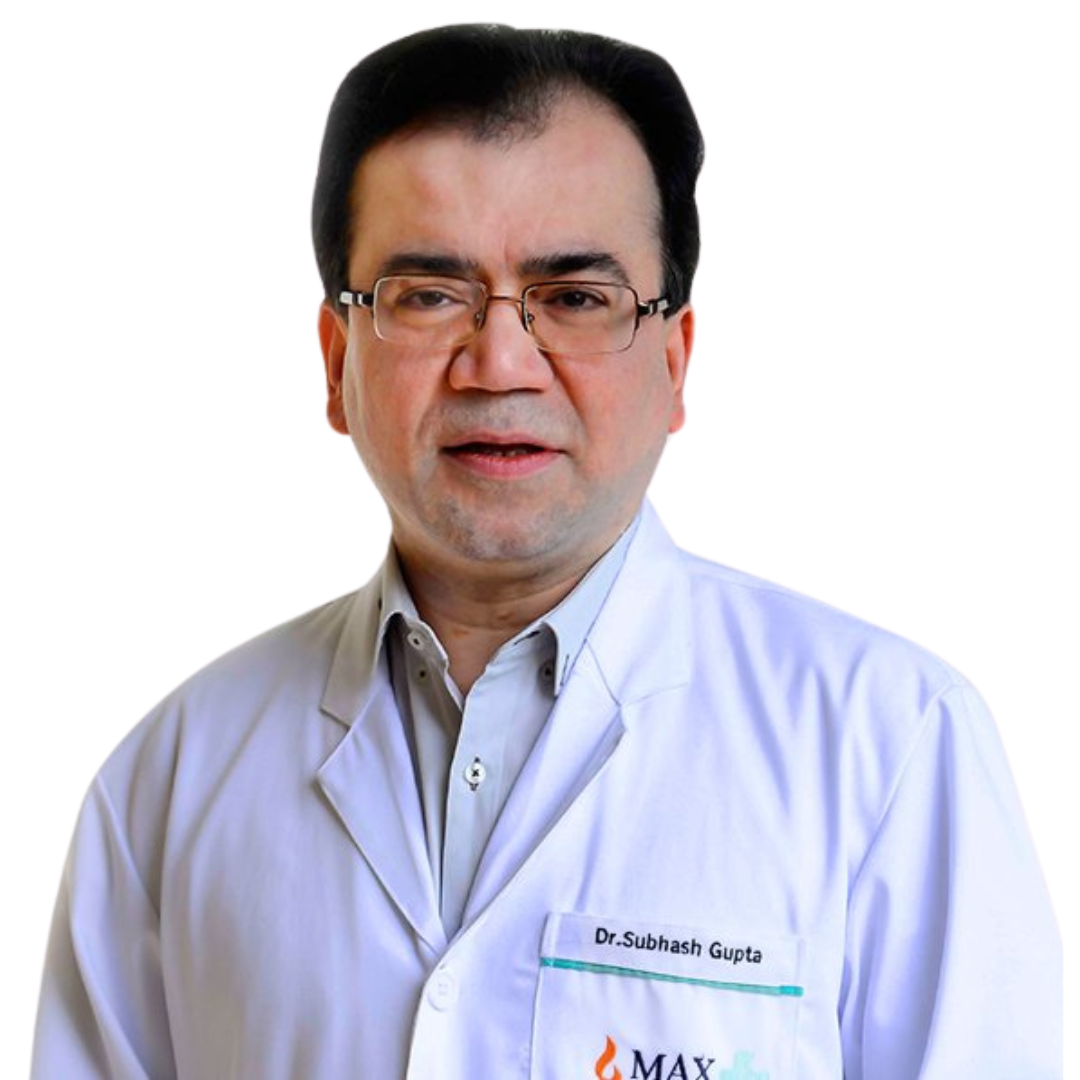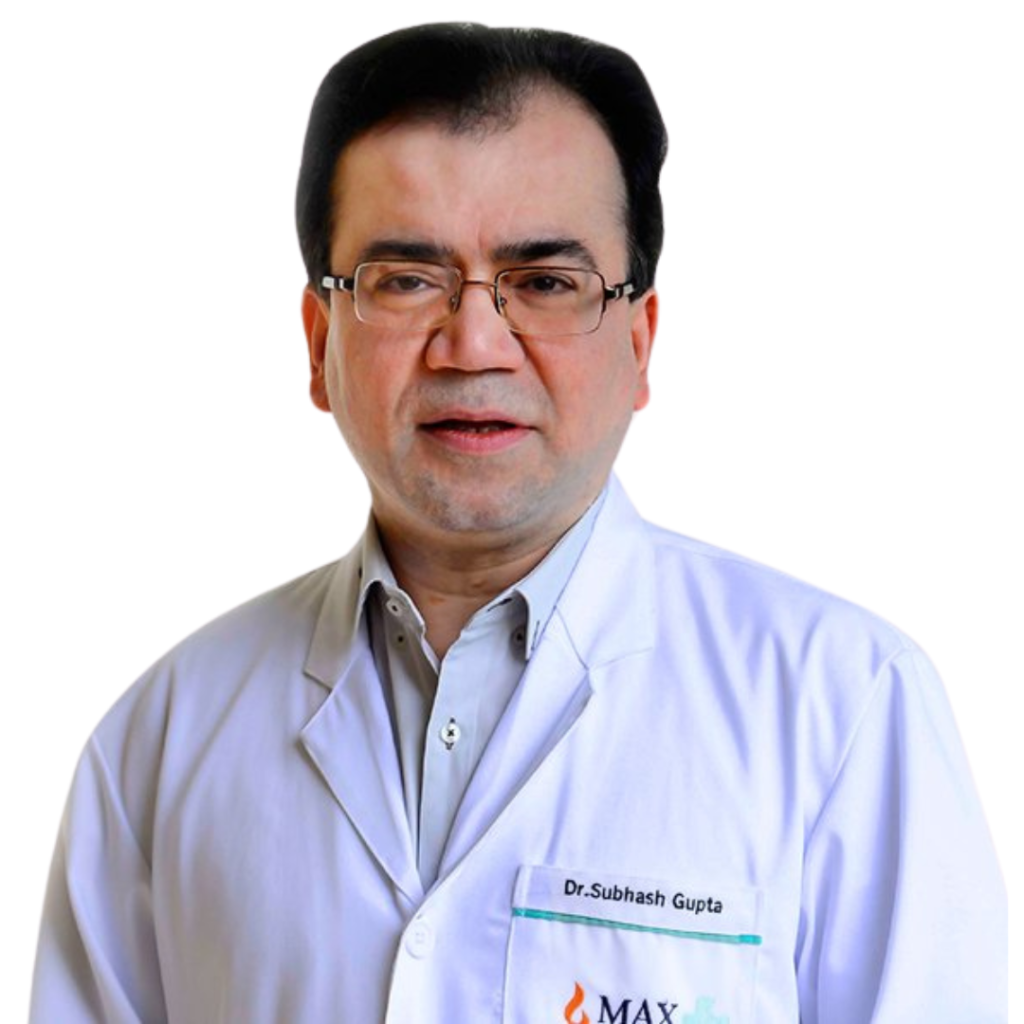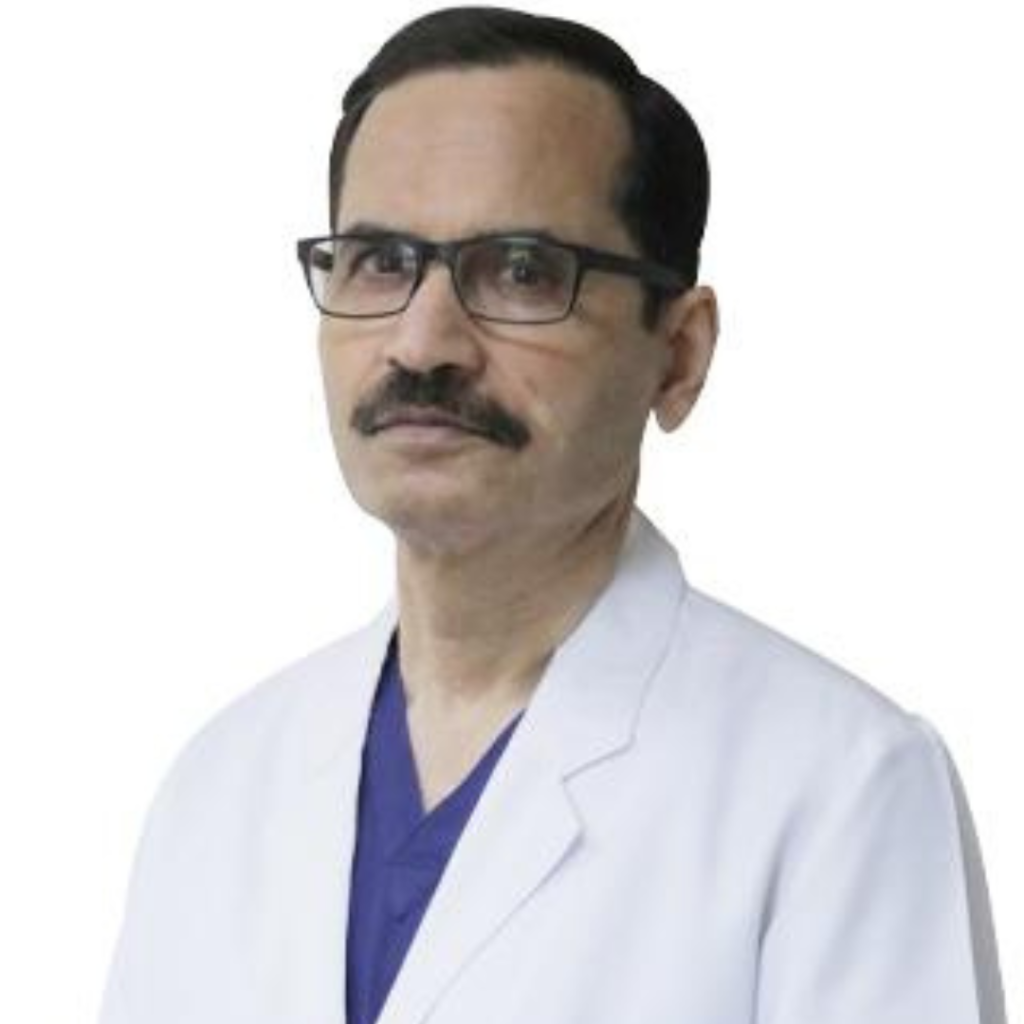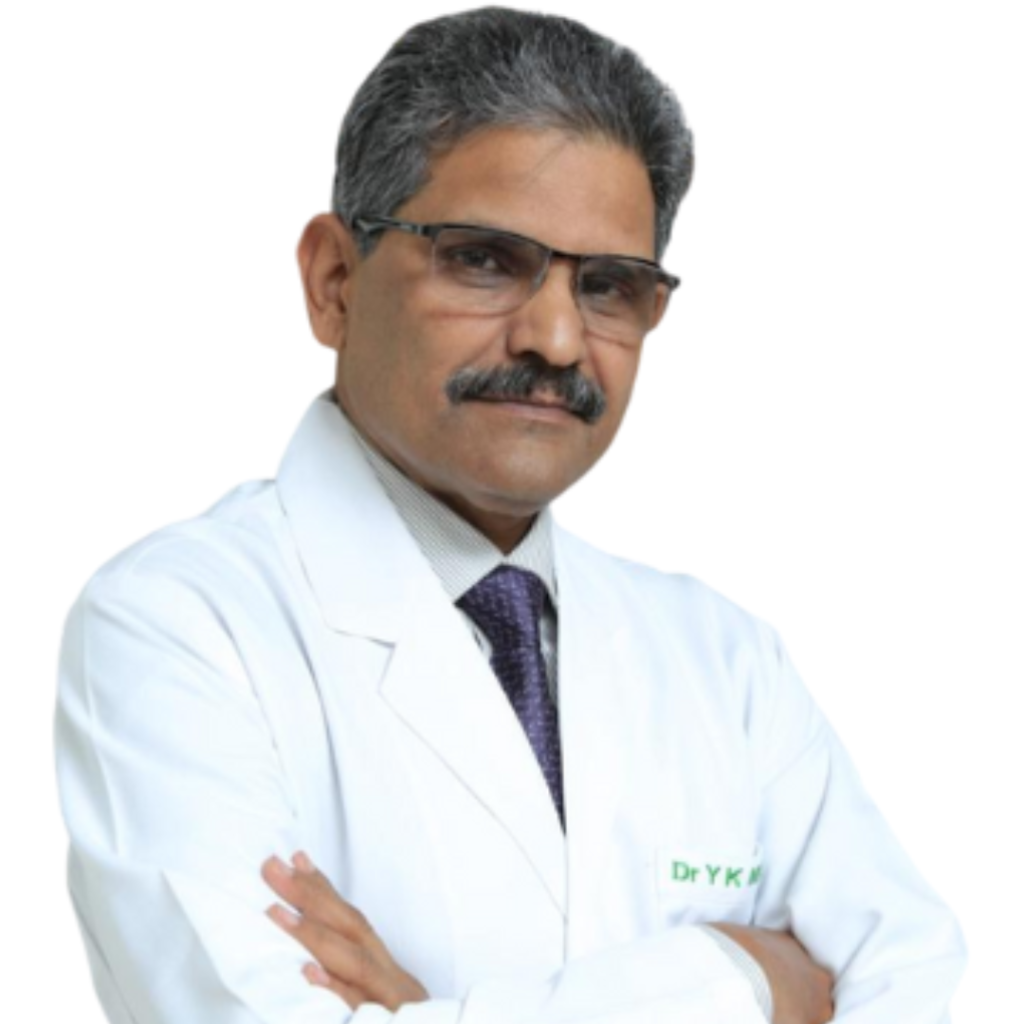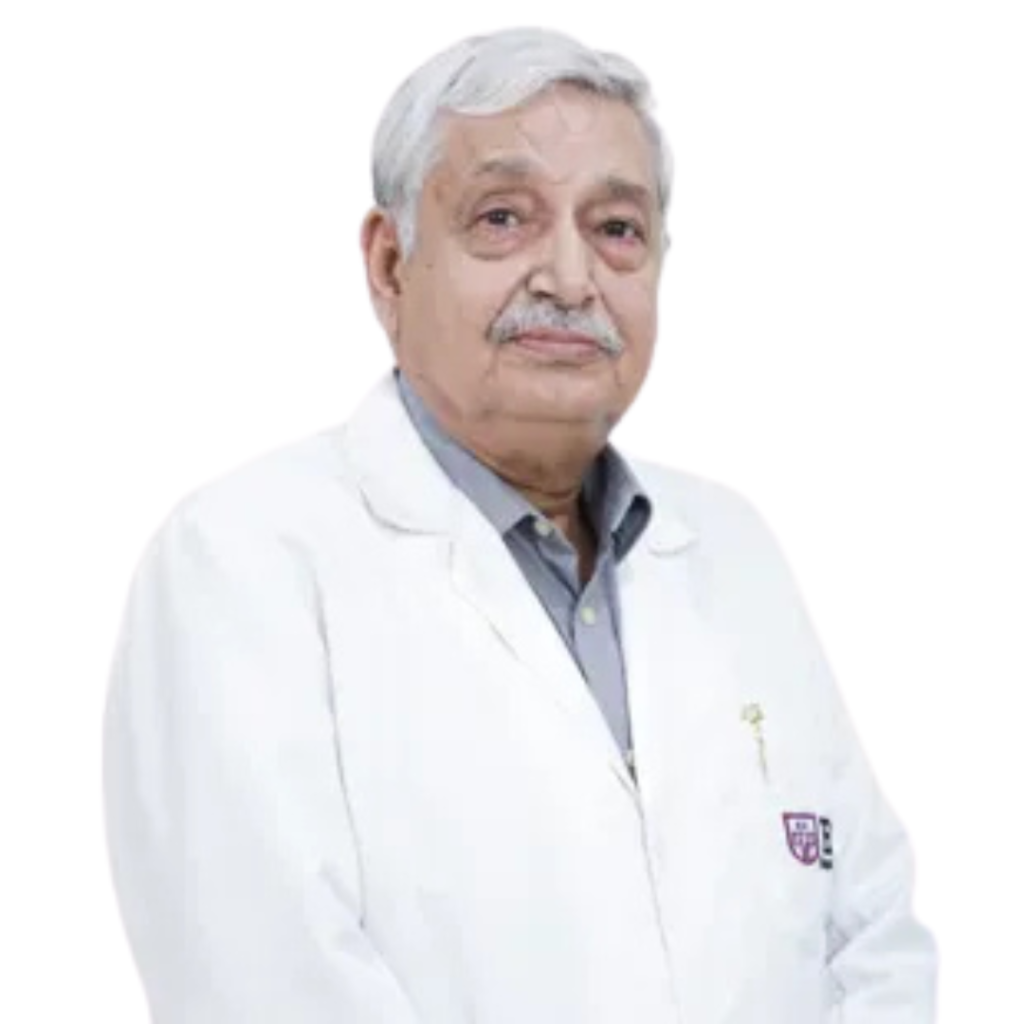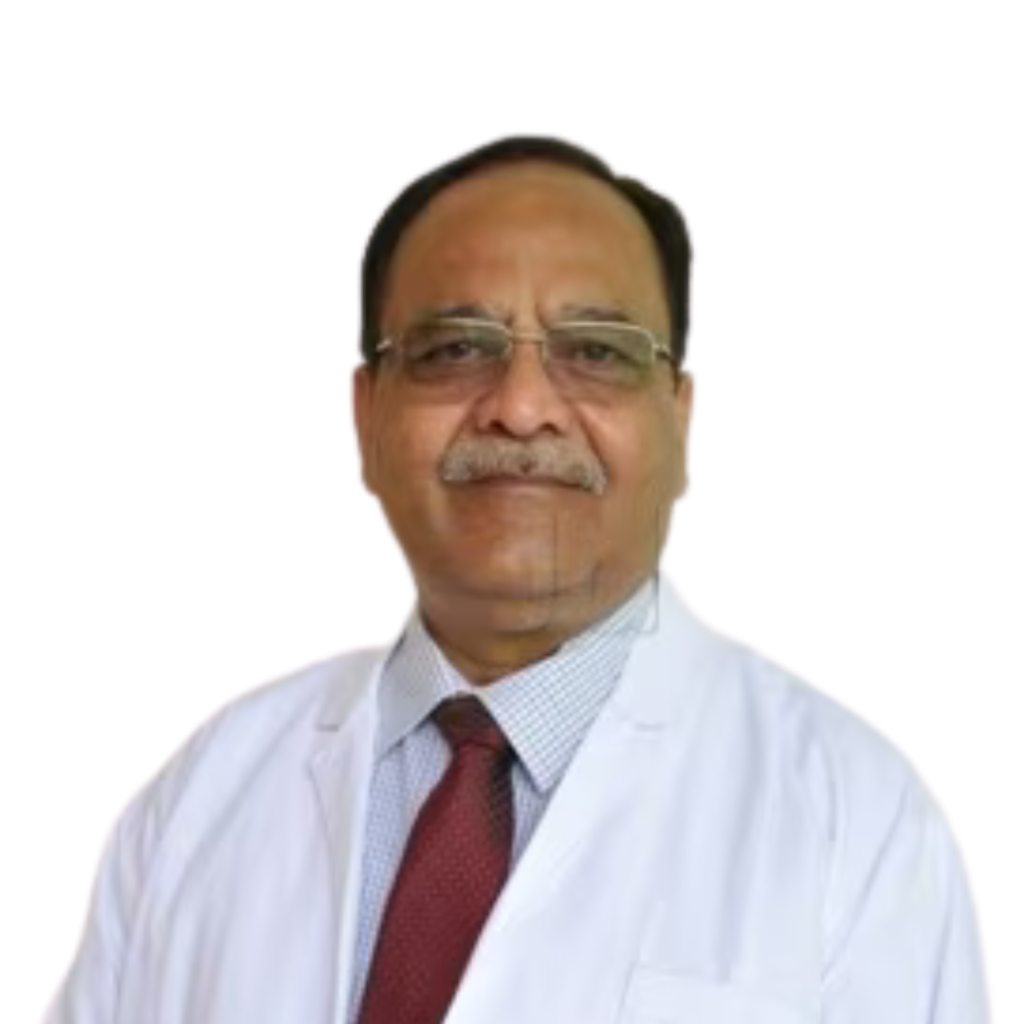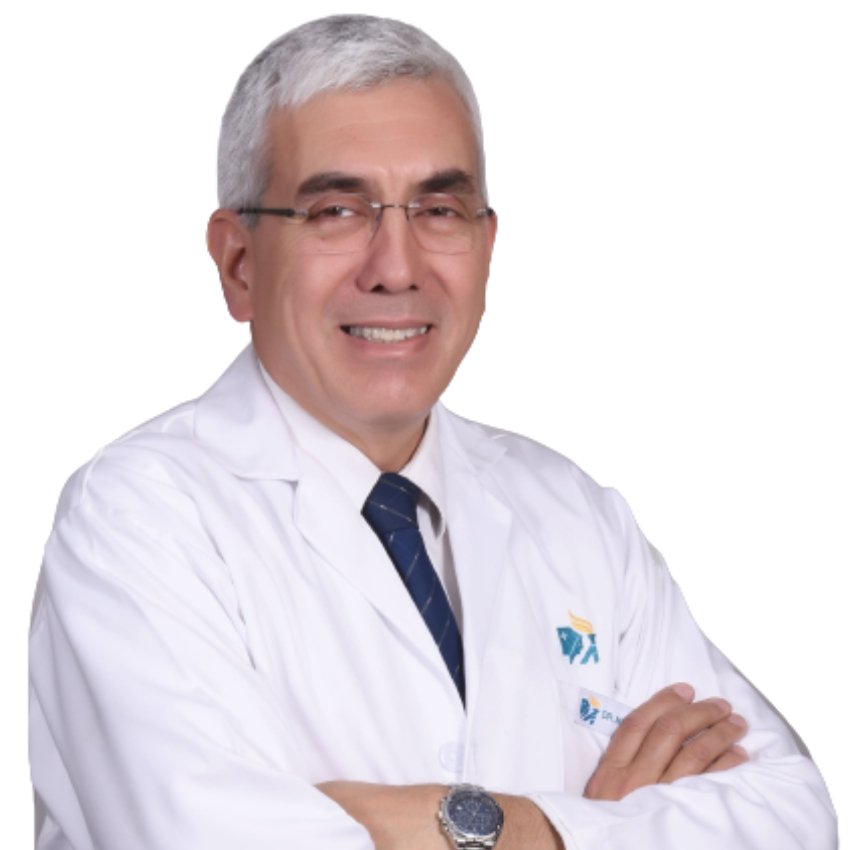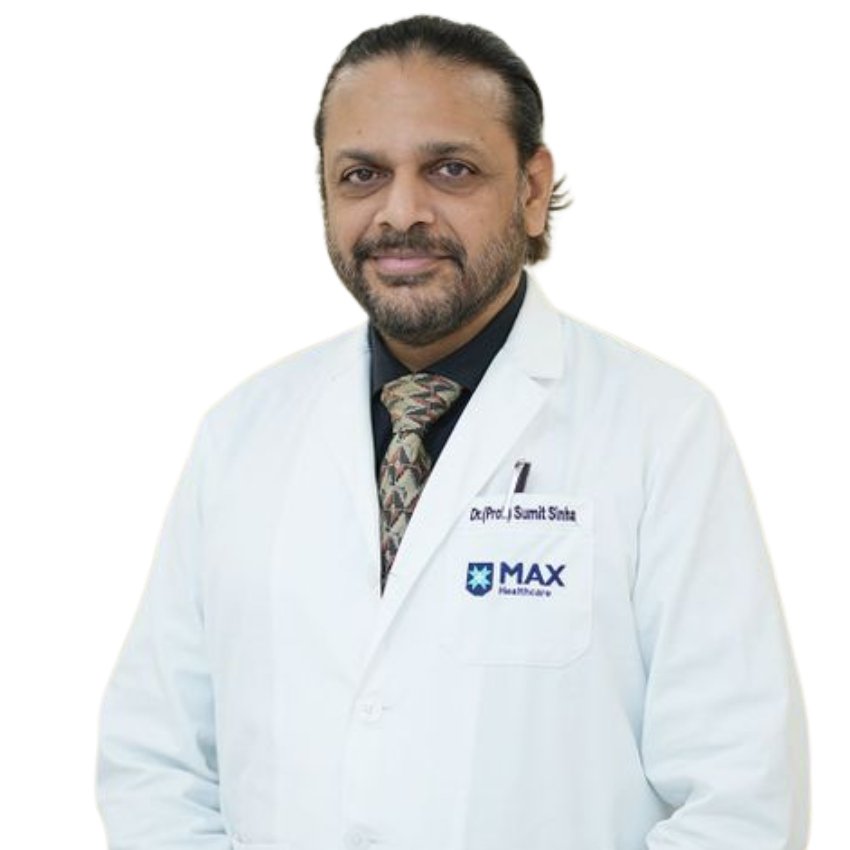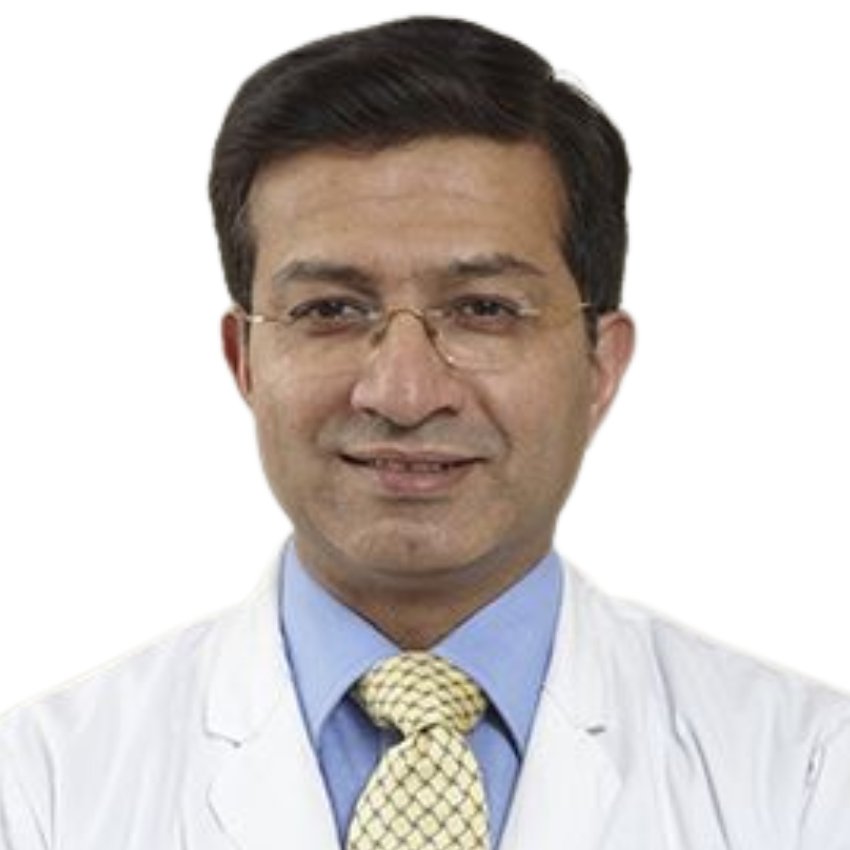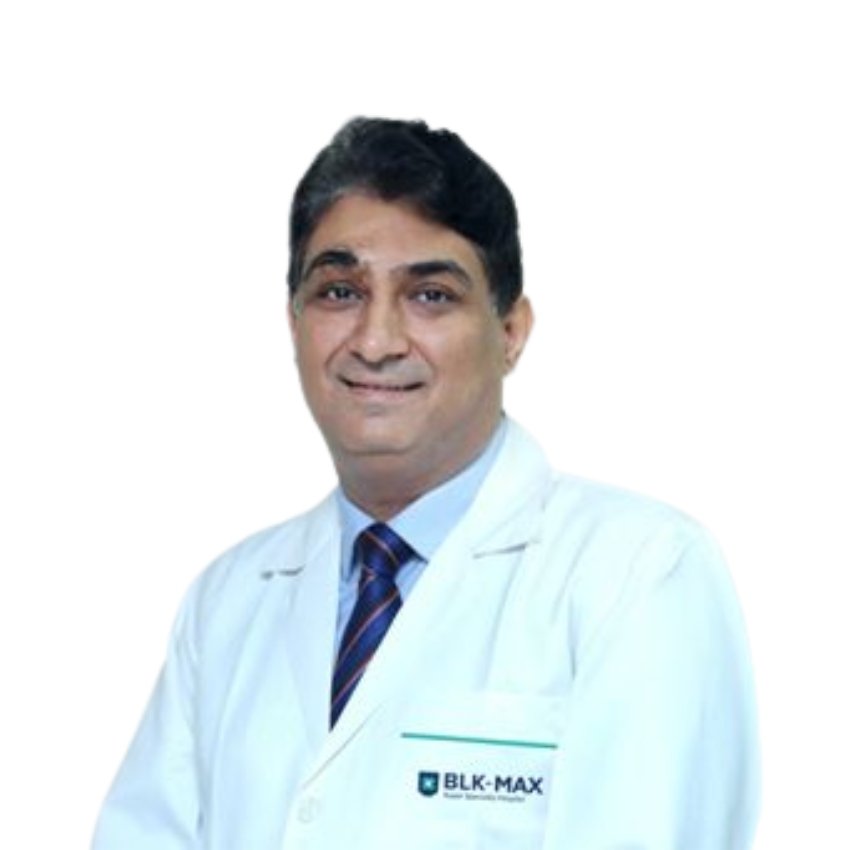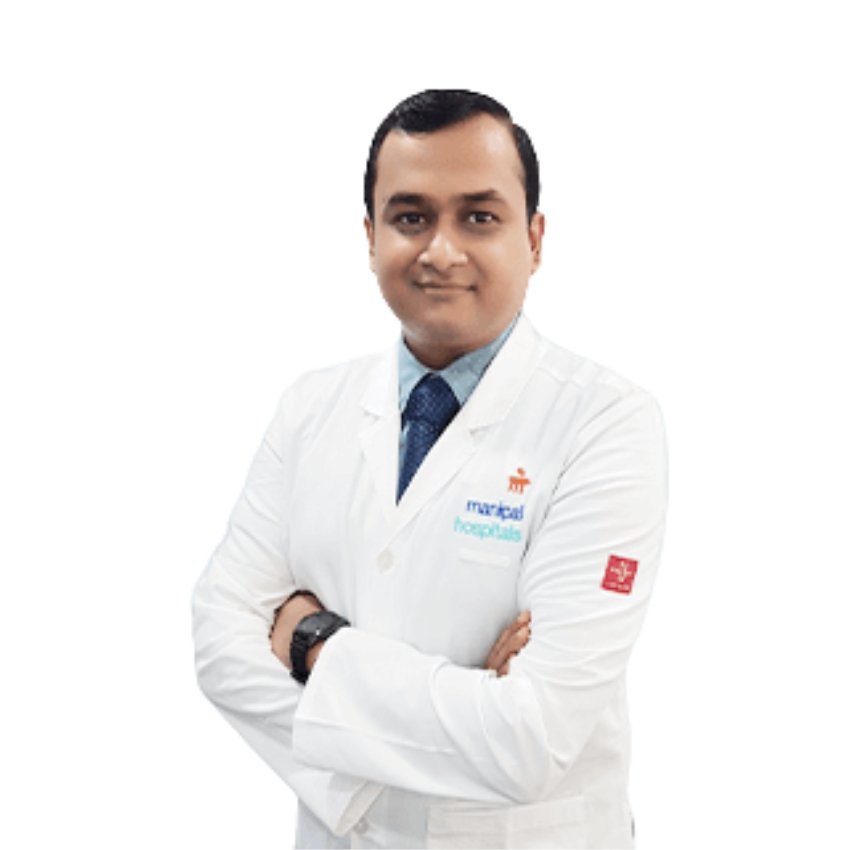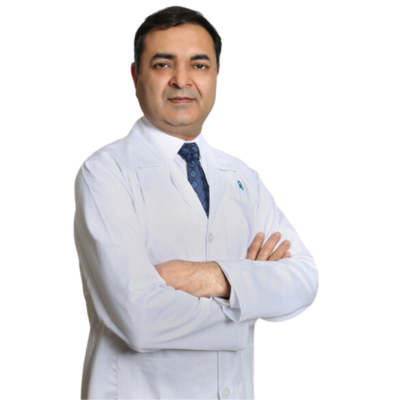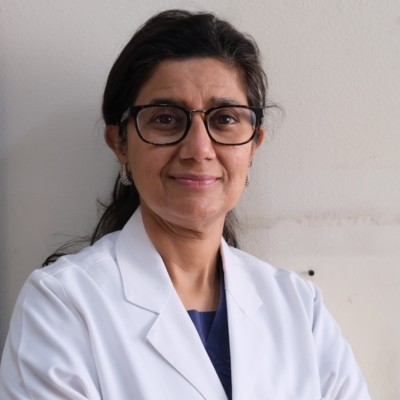Dr. Suhail Bin Ahmed
About us
Dr. Subhash Gupta is a globally acclaimed Liver Transplant and Hepatobiliary Surgeon with over 30 years of experience in Surgical Gastroenterology, Liver Transplantation, and Hepatopancreaticobiliary (HPB) Oncology. Currently serving as the Chairman of Max Centre for Liver and Biliary Sciences, he leads one of the largest liver transplant programs in the world, having successfully conducted over 3,000 liver transplants.
Since joining Max Healthcare in January 2017, Dr. Gupta has been instrumental in establishing robust clinical protocols and safety systems across all departments including Hepatology, Anaesthesia, and Critical Care. Under his leadership, the center performs over 200 transplants annually along with a high volume of complex HPB surgeries.
Specialization
-
Liver Transplantation
-
Biliary and Hepatopancreaticobiliary Surgery
-
Surgical Gastroenterology
-
Critical Care in Transplantation
Awards & Honors
🏅 “Yash Bharti Award” – Government of Uttar Pradesh, 2016
🏅 Dr. B.C. Roy Award – Medical Council of India, 2016
🏅 Honorary Professor of Kazakhstan, 2016
Frequently Asked Questions About Liver Transplantation
What is the process for getting a liver transplant?
The first step is to book an appointment with the transplant specialist, who will assess the patient’s condition, suitability for transplant, and provide complete counseling. If eligible, a suitable living donor (preferably a close relative) or a cadaveric donor will be considered. However, cadaveric donations are limited in India, leading to longer wait times.
Who can be a liver donor?
A living liver donor must:
-
Be a close relative
-
Be aged between 18-55 years
-
Have a compatible blood group
-
Weigh between 50–90 kg (and not be obese)
What is the success rate of liver transplantation?
At high-volume, well-established centers like Max Centre for Liver and Biliary Sciences, liver transplants have a success rate exceeding 90%, especially when performed before the patient becomes severely ill. This allows recipients to enjoy a normal quality and expectancy of life.
How long does liver transplant surgery take?
Liver transplant procedures typically take 4 to 14 hours. The surgery involves:
-
Removing the diseased liver
-
Connecting the donor liver to the bile ducts and blood vessels
-
Maintaining blood circulation through special devices during the operation
-
Post-surgical tubes may be inserted for drainage and monitoring
What are the common complications?
The two most common complications post-transplant are:
-
Rejection
-
Infection
Close monitoring and immunosuppressive therapy are essential to managing these risks.
Can I return to normal daily life after a liver transplant?
✅ Yes, most patients resume normal life after recovery. However, the pace of recovery depends on the individual’s pre-transplant health.
-
Work: Return to employment is common.
-
Diet: A balanced, low-fat, low-salt diet is encouraged. Some medications may cause weight gain or increased cholesterol.
-
Exercise: Physical activity is generally allowed post-recovery.
-
Sexual Activity: Resumption is typically safe, but pregnancy should be avoided for at least one year post-transplant.
Current Affiliation
🏥 Max Super Speciality Hospital, Saket (New Delhi)
Designation: Chairman – Liver and Biliary Sciences
Dr. Subhash Gupta’s visionary leadership and dedication to clinical excellence have made the Max Liver Centre a global destination for liver transplantation and HPB surgery.
Help Us With Patient Details
We Respect Your Privacy Like It’s Our Own


